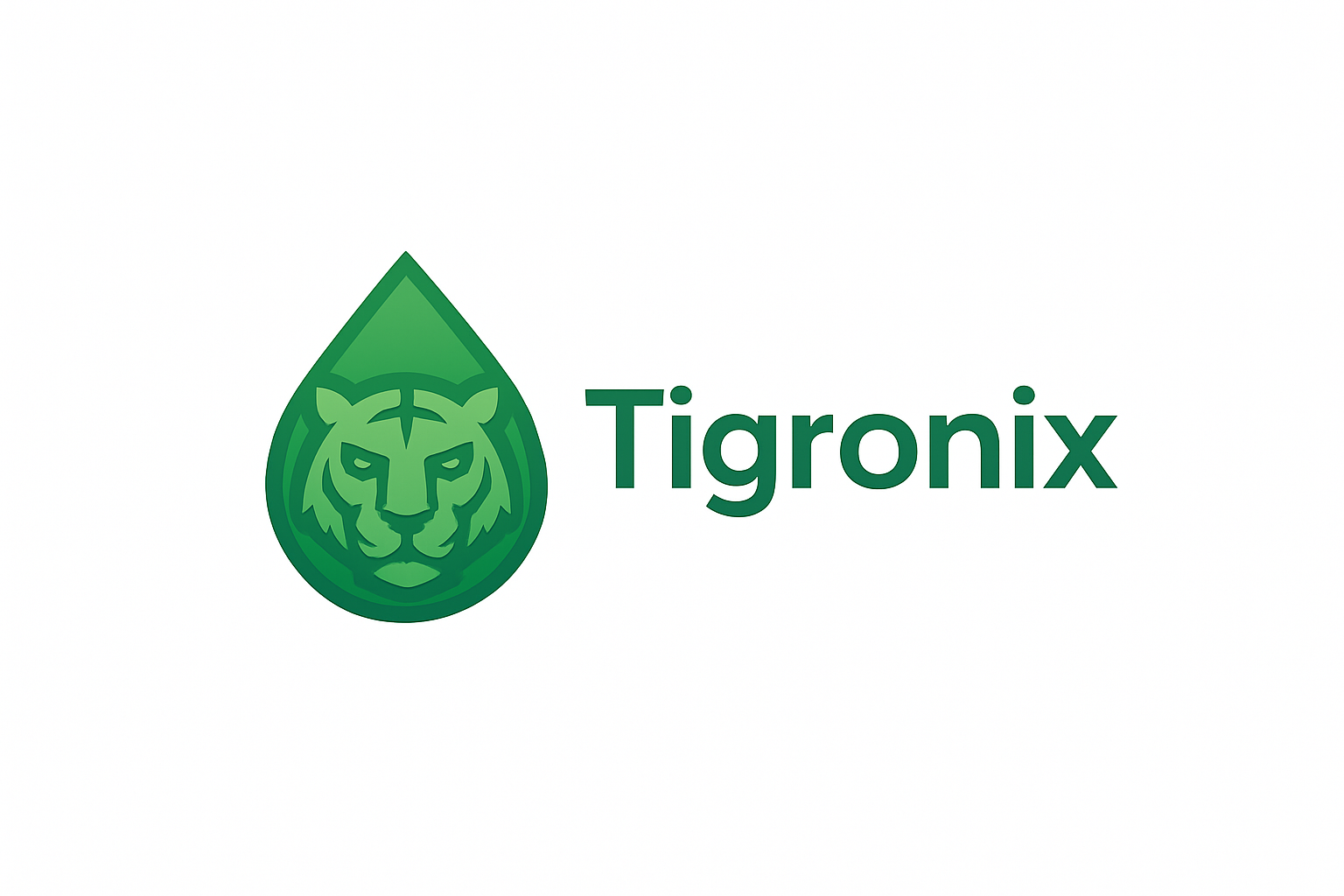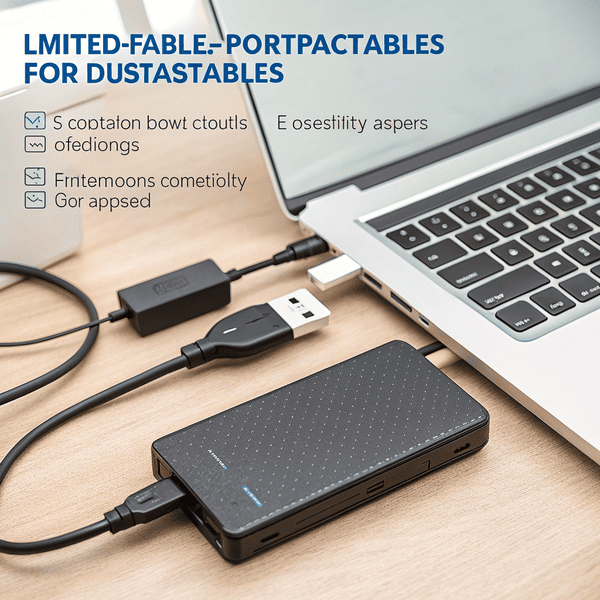Everyone needs Everyone needs faster, safer storage but worries if an external SSD[^1] will really pay off in daily work or project deadlines.
[^1]: Explore this link to understand how an external SSD can enhance your storage speed and reliability, making your work more efficient.
but worries if an external SSD will really pay off in daily work or project deadlines.
An external SSD is worth it if you value quick file transfers, strong durability, and reliable performance. Though more expensive, its high speed and shock resistance make it a game changer for work and backups.
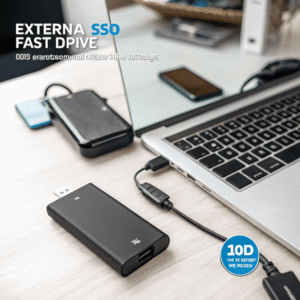
Upgrading to an external SSD made project handoffs go smoothly and gave peace of mind during travel to and from client meetings. Gone are the days of waiting several minutes just to copy a large folder. The difference in speed and stress is clear the moment you start using one. But before you invest, knowing how to choose and what to avoid is just as important.
Is an external SSD worth it?
Wasting time with slow or fragile storage always ends up costing more in lost hours or Wasting time with slow or fragile storage[^1] always ends up costing more in lost hours or work anxiety.
[^1]: Understanding the effects of slow or fragile storage can help you make informed decisions to enhance efficiency.
.
External SSDs are worth it for anyone needing fast access, quick backups, and trusted transport for files. Their durable build means fewer worries about drops compared to regular hard drives.

I never realized how much time I lost before upgrading from an old HDD. With SSD, task after task is done in seconds—not minutes. If you handle videos, 3D projects, or huge archives, an SSD cuts your transfer time drastically. They’re also much quieter and cooler during use, and since they lack moving parts, it’s harder to break them by accident. On the other hand, the initial price is higher—if all you do is simple document storage, a cheaper drive may be enough. But for serious users, the benefits are worth the cost.
| Feature | External SSD | External HDD |
|---|---|---|
| Speed | 400–2,800 MB/s | 80–160 MB/s |
| Durability | High, shockproof | Fragile, moving parts |
| Portability | Small, light | Bulkier |
| Price | Higher per GB | Lower per GB |
| Noise | Silent | Audible during use |
What is the best most reliable external hard drive?
The wrong drive means lost data and headaches—choosing reliability pays off in the long run.
Top picks for reliability in 2025 are Samsung T9 SSD, SanDisk Extreme Pro V2, and Crucial X9 Pro. Each offers speed, strong protection, and a record of dependable service.
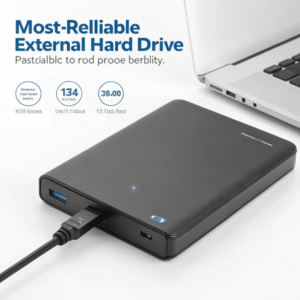
When I set up systems for clients, I look for gear that won’t fail in the middle of a big job. Samsung’s T9 is built for When I set up systems for clients, I look for gear that won’t fail in the middle of a big job. Samsung’s T9[^1] is built for rough handling and keeps cool during demanding transfers
[^1]: Explore this link to understand why Samsung’s T9 is a reliable choice for demanding tasks.
and keeps cool during demanding transfers. SanDisk’s Extreme Pro V2 is a favorite for travel—it’s tough, water-resistant, and encrypted for safety. Crucial X9 Pro provides great performance at a fair price. These choices come up again and again in online reviews and user groups because they balance speed, data protection, and real-world reliability. I always check for good warranties and regular firmware updates as well.
| Model | Durability | Speed | Extra Features |
|---|---|---|---|
| Samsung T9 | Excellent | 2,000 MB/s | Rugged, thermal guard |
| SanDisk Extreme Pro V2 | Excellent | 2,000 MB/s | Water/dust resistance |
| Crucial X9 Pro | Good | 1,050 MB/s | Compact, affordable |
What are the disadvantages of SSD external hard drive?
No device is perfect—everyNo device is perfect—every benefit comes with a cost[^1] you should weigh up front.
[^1]: Exploring the hidden costs of technology can prevent unexpected expenses and enhance your budgeting.
comes with a cost you should weigh up front.
Disadvantages of SSD external drives include higher price per gigabyte, risk of sudden hardware failure, and possible overheating under heavy use. Theft or loss is a concern due to the small size.
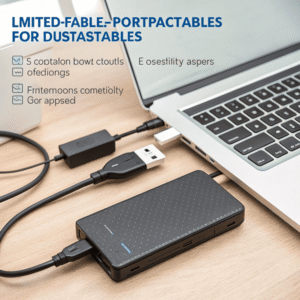
Last year, a friend lost his bag with an SSD inside—no recovery possible, and that’s the risk with small, high-value devices. SSDs can also fail without warning, especially lower-quality models. While major brands are very reliable, constant heavy use can heat the drive and reduce its efficiency. For long-term storage and rare use, HDDs can be a better value. Encrypting the drive protects data if lost, but it adds another step. If you’re ready for these trade-offs, the rewards are there—but always back up your most irreplaceable files elsewhere.
| Disadvantage | Impact | Who Should Be Cautious |
|---|---|---|
| High price per GB | More costly for large backups | Budget buyers, big archives |
| Small, easy to misplace | Security, data loss risk | Travelers, commuters |
| Sudden hardware failure | No warning, data loss possible | No-backup users |
| Overheating | Possible slowdown or shutdown | Video pros, long transfers |
Conclusion
External SSDs are fast, tough, and reliable, perfect for busy pros—but come with a higher price and some risk. Smart backups and careful brand choice make all the difference.
